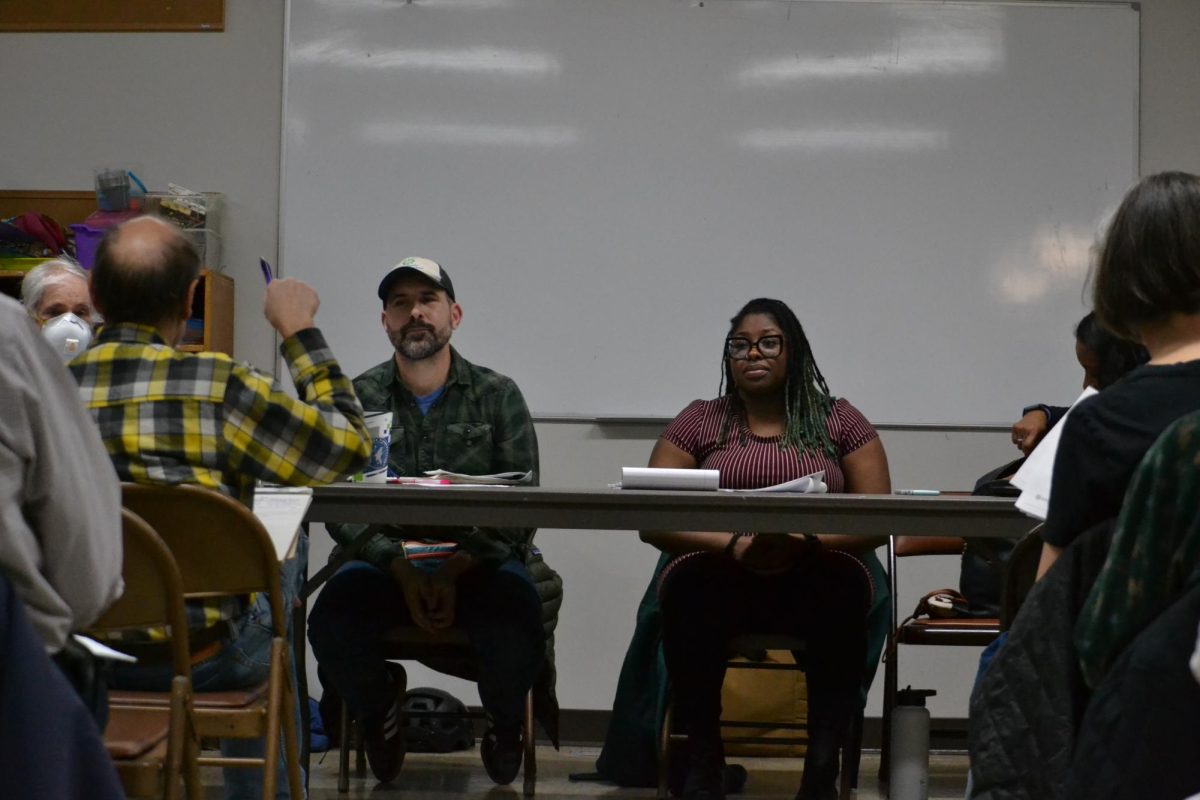The Minneapolis Park and Recreation Board is adding an 11th community garden as a space for people who lack yard space to grow food.
The community gardens are maintained by whoever rented or applied for them, which includes organizations, volunteers and community members.
The 11 gardens consist of Bridal Veil Gardens, Cepro Site, Dickman Park, Franklin Steele Square, Sibley Park, Powderhorn Park, Loring Park, Lyndale Farmstead Park, Lovell Square, Peavey Field Park and Sumner Field Park.
Minneapolis Park and Recreation Board Community Garden Coordinator Becca Gross said most of Minneapolis Park’s gardens are plot-based. Other community gardens have volunteers who garden to give to food shelves, staff-lead recreation areas for kids to take care of gardens and gardens that allow anyone to use them.
“We give priority to Minneapolis residents who don’t have access to land outside the parks and who plan to grow food,” Gross said. “If there’s still more people that meet those criteria than we have space for in a garden, we look at the application and there’s some open-ended questions where people might share something about struggling to access fresh produce because of where they live or transportation or finances.”
Gross said the gardens are free of charge with applications open from September to February, then reviewed afterward. Gross added not everyone who had a plot in the past is guaranteed one next year.
“The intention of that is to take away kind of that first-come, first-served element and to make sure that we always have space in the garden for somebody who hasn’t heard about the program or someone who is newly interested in gardening or has been kind of excluded from accessing land,” Gross said.
Niko Vasilopoulos, the Prospect Park Association University representative, said he frequently sees people using the Bridal Veil Gardens’ community gardens near the Prospect Park light rail stop on his walks around the neighborhood.
“It’s really fun to walk around and see people really actively using the space,” Vasilopoulos said. “I’ve seen people either kind of hanging out around there or actively using it or gardening and harvesting from it.”
Minneapolis Parks and the City have different community garden programs running, but Gross said both are “small pieces in a larger picture.”
Grace Rude, a public health specialist for Homegrown Minneapolis, a citywide initiative to increase resident’s access to healthy food, said Minneapolis’ program is garden lease-based where 60 lots are leased annually. It costs one dollar per year to use the lot, plus a one-time $50 administrative fee for community gardens that do not sell food and $150 per year plus the administrative fee for market gardens that grow crops to sell.
Rude said the community gardens have physical, mental and environmental benefits while helping build community and providing access to fresh food.
“It is healing to be out there,” Rude said. “There are also environmental benefits for wildlife and pollinators. Having different wildlife is helpful for the crops. The gardens can also be used to teach kids where food comes from. There’s just so many good things,” Rude said.














